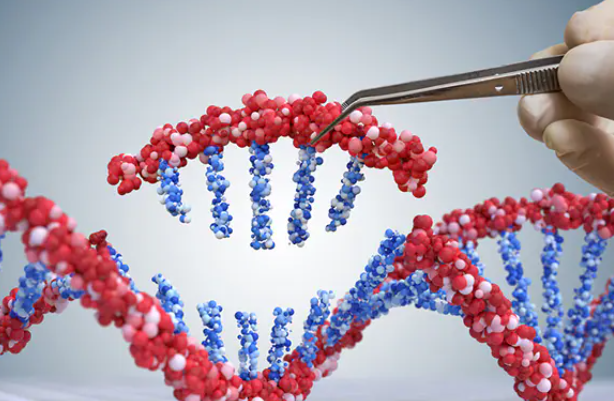What is ‘10,000 Genomes Project’?
The Department of Biotechnology (DBT) has announced the successful completion of the ‘10,000 Genomes Project’ – an effort to sequence thousands of individual genomes from India. This landmark project aims to enable precision medicine and genetic epidemiology studies tailored to the Indian population.
Objectives Behind the Project
While India sequenced its first whole human genome back in 2006, there was a need to create a large genomic database specifically representing India’s population diversity. As DBT Secretary Dr Rajesh S. Gokhale explained, “There are hardly any studies on the core genetic composition of Indians.”
By mapping thousands of individual genomes from diverse ethnic groups and tribal populations across India, researchers now have crucial reference data on population-specific genetic variants.
These variants influence disease susceptibility among different Indian sub-groups. Understanding them is vital for bringing precision medicine and targeted healthcare solutions to all.
Key Highlights
The ‘10,000 Genomes Project’ was conceptualized in 2020 under the National Biotechnology Development Strategy 2015-20. Genome sequencing commenced in 2021 and has now been completed as per DBT’s timeline.
In total, 10,010 genomes were sequenced from individuals belonging to 1014 Indian sub-populations and tribes across all 28 states and 9 union territories.
The project was implemented using a hub-and-spoke model under the leadership of three anchor institutes – the CSIR Institute of Genomics and Integrative Biology (IGIB), New Delhi, the IISER Regional Centre for Genomic Technologies (RCGT) in Bhopal, and the Institute of Life Sciences (ILS) in Bhubaneshwar.
These hub institutes networked with technology innovation hubs, academic institutions like IITs, national research labs, hospitals and industry to collect ethnically relevant biospecimens for sequencing. Common protocols were established for sample quality and analysis.
Significance of Achievement
As the world’s first ethnically relevant genome database, the 10,000 genome project helps position India among the few countries possessing indigenous genomic information at population scale.
Dr Gokhale highlighted that such whole genome data will have applications in a range of fields – from understanding genetic diseases, enabling preventive healthcare policies to driving research in genomics, precision medicine and even agriculture.
By mapping India’s unique genetic variants linked to diseases like diabetes, cancer or heart disorders, researchers can develop targeted drugs, diagnostics and treatment protocols optimized for Indians sub-groups. This can revolutionise the healthcare ecosystem.
Category: Science & Technology Current Affairs








